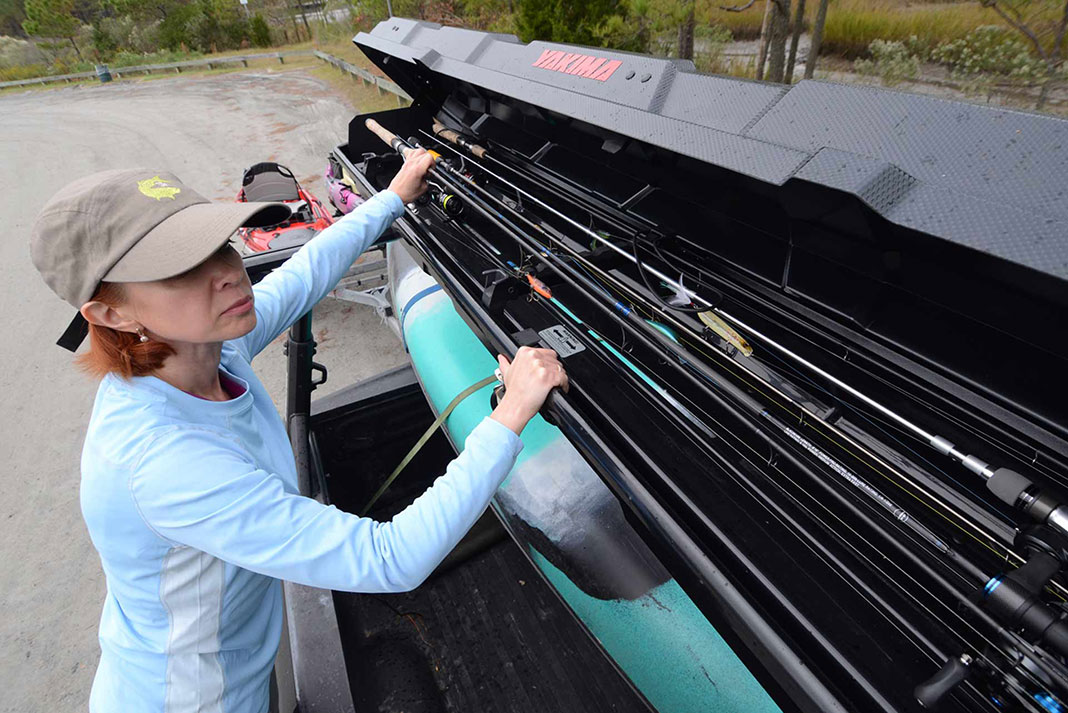

Articles
How To Store Fishing Poles
Modified: February 22, 2024
Learn the best techniques for storing fishing poles with our informative articles. Keep your fishing gear organized and protected for your next angling adventure.
(Many of the links in this article redirect to a specific reviewed product. Your purchase of these products through affiliate links helps to generate commission for Storables.com, at no extra cost. Learn more)
Introduction
When it comes to fishing, having well-maintained equipment is crucial for a successful angling experience. One essential piece of fishing gear that requires proper storage is the fishing pole. Storing fishing poles correctly not only helps keep them safe from damage but also ensures easy access and extends their lifespan.
In this article, we will explore various storage methods and tips to help you store your fishing poles effectively. Whether you are an avid angler with a collection of fishing rods or someone who enjoys occasional fishing adventures, these storage solutions will help keep your fishing poles in top shape.
Let’s dive into the details of how to store and organize your fishing poles properly!
Key Takeaways:
- Properly storing fishing poles is crucial for protecting them from damage and ensuring easy access. Choose the right storage location, organize your poles, and use rod holders or tubes for efficient and effective storage.
- Regular cleaning and maintenance are essential for prolonging the lifespan and maximizing the performance of your fishing poles. Inspect for damage, use mild soap and water, and store them in protective cases to keep them in top condition.
Read more: How To Store Fish While Fishing
Choosing the Right Storage Location
When it comes to storing your fishing poles, choosing the right storage location is essential. The ideal storage location should be dry, well-ventilated, and free from extreme temperatures. Here are a few options to consider:
- Indoor Storage: If you have space inside your home, such as a basement or a dedicated fishing room, this can be an excellent option for storing your fishing poles. Make sure the area is clean, dry, and has proper insulation to prevent any moisture damage or temperature fluctuations.
- Garage or Shed: If you don’t have indoor storage space, consider using your garage or shed. However, keep in mind that these areas can be prone to temperature changes and moisture. To safeguard your fishing poles, ensure proper insulation, use dehumidifiers or moisture-absorbing products, and avoid storing them directly on the floor.
- Fishing Tackle Storage Systems: Another option is investing in a fishing tackle storage system specifically designed for fishing pole storage. These systems often come with protective compartments and adjustable racks to securely hold your fishing poles.
Consider your specific situation and choose the storage location that best suits your needs.
Organizing Fishing Poles
Once you have chosen the right storage location, it’s important to organize your fishing poles to prevent tangles, damage, and save space. Here are some tips to help you keep your fishing poles organized:
- Separate by Size and Type: Start by separating your fishing poles based on their size, type, and purpose. This will make it easier to locate the specific pole you need for a particular fishing trip.
- Group Similar Poles Together: Grouping similar poles together can help you save space and keep them organized. For example, you can group all your spinning rods together, baitcasting rods together, and so on.
- Use Fishing Pole Sleeves or Socks: Fishing pole sleeves or socks are a great investment to protect and organize your fishing poles. They provide a barrier between the poles, preventing scratches and tangles.
- Labeling: Consider labeling your fishing pole sleeves or using color-coded tags to help you quickly identify the right pole. This is especially useful if you have a large collection.
- Store Reels Properly: When storing your fishing poles, ensure that the reels are positioned correctly. This will help prevent any unnecessary strain on the rod and reel components.
- Avoid Overcrowding: Avoid overcrowding your storage area by organizing your fishing poles in a way that allows for easy access and minimizes the risk of damage.
By organizing your fishing poles, you not only protect them from damage but also make the overall storage space more efficient and user-friendly. Take the time to arrange your fishing poles in a neat and organized manner for a hassle-free experience.
Using Rod Holders
Rod holders are a convenient and efficient way to store and organize your fishing poles, especially if you have limited space. They can be easily mounted on boats, piers, or even on the side of your fishing tackle storage system. Here are some tips for using rod holders effectively:
- Choose the Right Rod Holder: There are different types of rod holders available, such as flush mount, clamp-on, and tube-style holders. Consider the type of fishing you typically engage in and the space available to determine the most suitable rod holder for your needs.
- Properly Secure the Rods: When placing your fishing poles in the rod holders, make sure they are securely fastened. This will prevent accidental slips and ensure that your rods are held firmly in place.
- Angle the Rods: For optimal performance, angle the rod holders slightly towards the water. This allows for better rod positioning and helps detect bites more effectively. However, be mindful of obstacles or other fishing equipment that may interfere with the rod movements.
- Consider Rod Holder Accessories: Some rod holders come with additional accessories, such as gimbal attachments or adjustable angles. These features can provide added convenience and flexibility for different fishing scenarios.
- Regularly Inspect and Maintain: Periodically check your rod holders for any signs of wear or damage. Replace any worn-out parts, such as rubber inserts or tightening screws, to ensure proper functionality and safety.
Using rod holders not only helps keep your fishing poles organized but also enhances your fishing experience by providing easy access and efficient rod management. Consider incorporating rod holders into your storage setup for a streamlined and convenient approach to storing your fishing poles.
Storing Fishing Poles in Rod Tubes
If you frequently travel with your fishing poles or need extra protection for storage, using rod tubes is an excellent option. Rod tubes are cylindrical containers designed specifically to hold and safeguard fishing rods. Here are some tips for storing fishing poles in rod tubes:
- Choose the Right Size: When selecting a rod tube, ensure that it is the appropriate length and diameter to accommodate your fishing poles. It should provide a snug fit without excessive bending or pressure on the rods.
- Remove Reels: Before storing your fishing poles in the rod tube, detach and remove the reels. This will minimize the risk of damage to the reels and allow for a more compact storage solution.
- Protective Padding: Place protective padding, such as foam inserts or bubble wrap, inside the rod tube to cushion your fishing poles and prevent them from shifting or colliding during transportation or storage.
- Secure the Rods: Make sure your fishing poles are securely fastened inside the rod tube. Many rod tubes have straps or adjustable straps to hold the rods in place. Double-check that they are tightly secured to prevent any unnecessary movement.
- Label the Rod Tubes: To easily identify your fishing poles, consider labeling the rod tubes with the corresponding rod types or by using color-coded tags. This will save you time and effort when selecting the right rod for your fishing trip.
- Store in a Safe Place: When not in use or during transportation, store your rod tubes in a safe place where they are protected from extreme temperatures, impacts, and potential damage. Avoid exposing them to direct sunlight or placing heavy objects on top of them.
Storing your fishing poles in rod tubes provides an added layer of protection during travel or storage. The tubes help prevent bending, breaking, or scratching of your rods, ensuring they remain in optimal condition for your next fishing adventure.
Store fishing poles in a cool, dry place to prevent warping or damage. Consider using a rod rack or wall mount to keep them organized and easily accessible.
Read more: How To Store Smoked Fish
Hanging Fishing Poles
Hanging your fishing poles is a great storage solution that helps maximize space and keeps your rods easily accessible. Here are some tips for hanging fishing poles:
- Select a Suitable Location: Choose a location where you can securely hang your fishing poles, such as a wall, ceiling, or inside a closet. Ensure that the area is free from moisture, extreme temperatures, and direct sunlight.
- Use Rod Racks or Hooks: Invest in rod racks or hooks designed specifically for hanging fishing poles. These racks or hooks usually come with foam padding or rubberized grips to prevent any scratches or damage to your rods.
- Mounting Options: Depending on the location and your preference, you can use different mounting options. These include adhesive hooks, wall-mounted brackets, or ceiling-mounted racks. Choose the option that best suits your storage needs and the layout of your space.
- Properly Hang the Rods: When hanging your fishing poles, make sure they are secure and won’t easily slide or fall. Place the rods in the racks or hooks and ensure that they are evenly distributed and not crowded.
- Arrange by Type or Size: Consider organizing your fishing poles by type or size to make it easier to find the specific rod you need. Grouping them together based on spinning rods, baitcasting rods, or fly fishing rods can help you locate the right one quickly.
- Consider Using Rod Socks: To provide an extra layer of protection, you can use rod socks to cover your fishing poles before hanging them. These socks help prevent dust, dirt, and any accidental bumps from damaging the rods.
Hanging your fishing poles not only saves space but also keeps them organized and easily accessible. It’s a great option for anglers who have limited storage space or want a visually appealing display for their rod collection.
Storing Fishing Poles in a Garage or Shed
If you have a garage or shed, it can be a convenient storage space for your fishing poles. However, it’s important to take certain precautions to ensure the safety and longevity of your rods. Here are some tips for storing fishing poles in a garage or shed:
- Protect from Moisture: Garages and sheds can be susceptible to moisture and humidity, which can lead to rust or mold growth on your fishing poles. To prevent this, place moisture-absorbing products such as desiccant packs or moisture traps in the storage area.
- Insulate the Space: Insulating the walls and ceiling of your garage or shed can help regulate the temperature and reduce the risk of extreme heat or cold, which can damage your fishing rods. Consider using insulation materials to create a more stable environment.
- Elevate from the Floor: To protect your fishing poles from potential water damage or pests, elevate them off the floor. You can use shelves, hooks, or wall-mounted racks for this purpose. Avoid placing your rods directly on the ground.
- Organize and Label: Keep your fishing poles well-organized and labeled to easily locate the rod you need. Group them by type or size and use tags or labels to identify each rod. This will save you time and effort when preparing for your next fishing trip.
- Consider Climate Control: Extreme temperature fluctuations can be detrimental to your fishing poles. If possible, install a climate control system in your garage or shed to maintain a consistent temperature and protect your rods from damage.
- Regularly Check for Pests: Inspect your garage or shed for signs of pests such as rodents or insects. They can cause damage to your fishing poles by gnawing on them or creating nests. Set up traps or use deterrents to keep pests away.
By following these tips, you can ensure that your fishing poles remain in good condition while stored in your garage or shed. Proper insulation, climate control, and organization will go a long way in preserving the integrity of your rods and enhancing their lifespan.
Cleaning and Maintenance Tips
Regular cleaning and maintenance of your fishing poles are essential for their longevity and optimal performance. Here are some tips to help you keep your fishing poles in excellent condition:
- Remove Dirt and Debris: After each fishing trip, make sure to remove any dirt, sand, or debris from your fishing pole. Use a soft cloth or brush to gently wipe down the rod and reel.
- Inspect for Damage: Periodically inspect your fishing poles for any signs of damage such as cracks, frayed guides, or loose reel seats. Address any issues promptly to prevent further damage or potential breakage.
- Use Mild Soap and Water: If your fishing pole is particularly dirty or has built-up grime, you can clean it with a mild soap and water solution. Dip a soft cloth or sponge into the solution and gently scrub the rod and reel. Rinse thoroughly and dry completely before storing.
- Avoid Harsh Chemicals: Avoid using harsh chemicals or solvents when cleaning your fishing poles as they may damage the rod or reel’s finish. Stick to mild soap or specialized fishing rod cleaning products.
- Protect the Guides: The guides on your fishing rod are essential for smooth casting and retrieving. Inspect them for any damage, such as chips or cracks, and make sure they are aligned properly. If needed, replace damaged or misaligned guides to maintain optimal performance.
- Apply Lubrication: Properly lubricate your reel periodically to ensure smooth operation. Use a reel oil or grease recommended by the manufacturer, and carefully apply it to the gears, bearings, and moving parts. Wipe off any excess lubricant to avoid attracting dirt and debris.
- Store in a Protective Case: When not in use, store your fishing poles in a protective case or rod sleeve to safeguard them from potential damage. This is especially important if you are traveling or storing them in a garage or shed.
- Avoid Excessive Force: When casting or reeling in, avoid applying excessive force or putting unnecessary strain on your fishing pole. This can lead to weakened components or even breakage.
By following these cleaning and maintenance tips, you can ensure that your fishing poles are in top condition, prolong their lifespan, and maximize their performance on your fishing adventures.
Conclusion
Properly storing and maintaining your fishing poles is essential for protecting your investment and ensuring optimal performance on your fishing trips. By following the tips and techniques outlined in this article, you can store your fishing poles in a way that keeps them safe, organized, and easily accessible.
Choosing the right storage location, whether indoors or in a garage or shed, is the first step. Organizing your fishing poles by size, type, and purpose will make it easier to find the specific rod you need. Utilizing rod holders, rod tubes, or hanging methods can help save space and prevent tangles or damage to your fishing poles.
Additionally, regular cleaning and maintenance cannot be overlooked. Clearing away dirt and debris, inspecting for damage, and applying proper lubrication are all vital for keeping your fishing poles in excellent condition. Storing your rods in protective cases or sleeves and avoiding excessive force will help extend their lifespan and ensure their continued performance.
Whether you’re an avid angler with a collection of fishing rods or someone who enjoys occasional fishing adventures, following these tips will help you store your fishing poles properly and enjoy many successful fishing trips for years to come.
Remember, proper storage and maintenance not only protect your fishing poles but also enhance your overall fishing experience. So take the time to invest in their care and enjoy the rewards every time you cast your line.
Frequently Asked Questions about How To Store Fishing Poles
Was this page helpful?
At Storables.com, we guarantee accurate and reliable information. Our content, validated by Expert Board Contributors, is crafted following stringent Editorial Policies. We're committed to providing you with well-researched, expert-backed insights for all your informational needs.
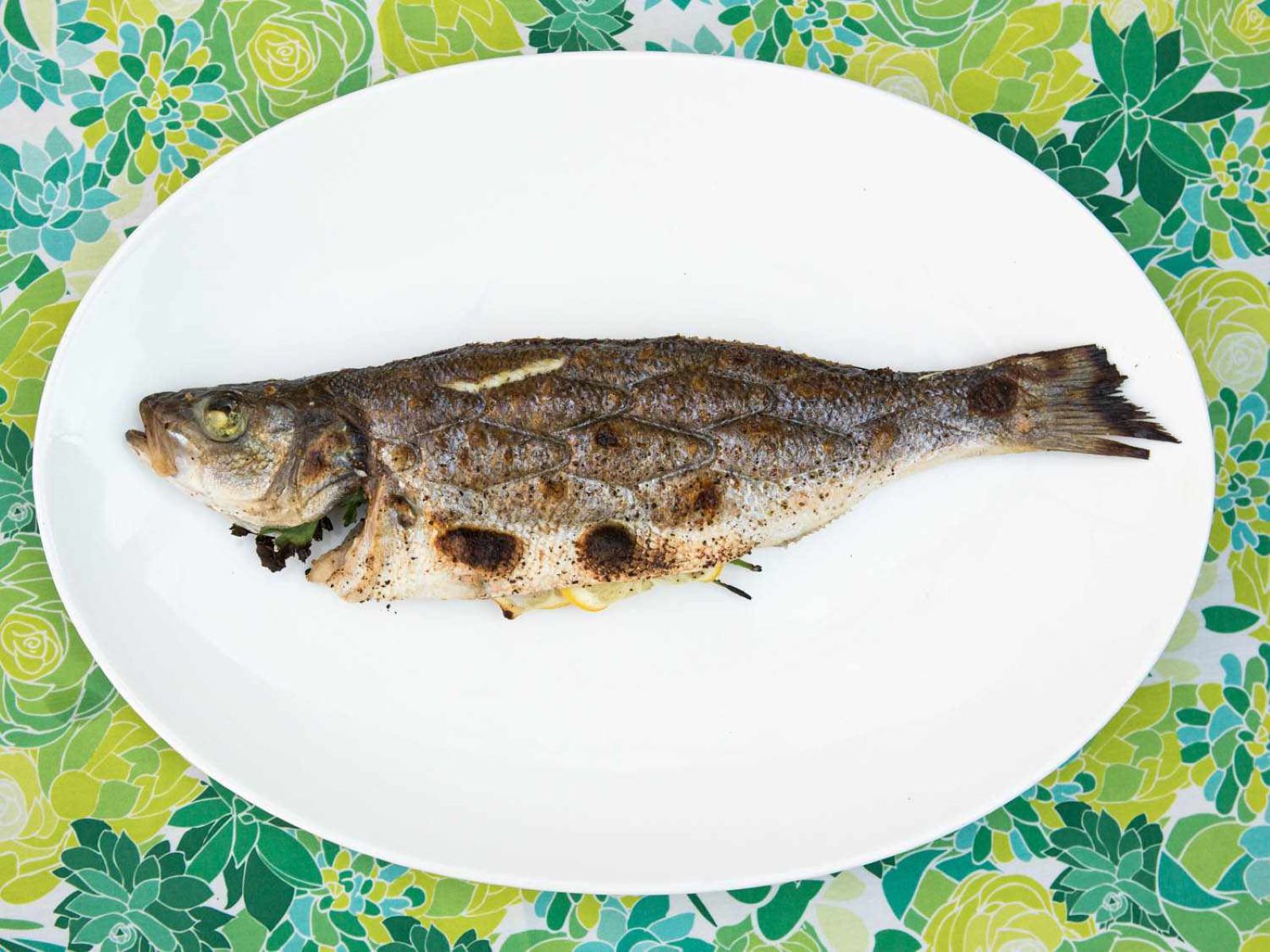

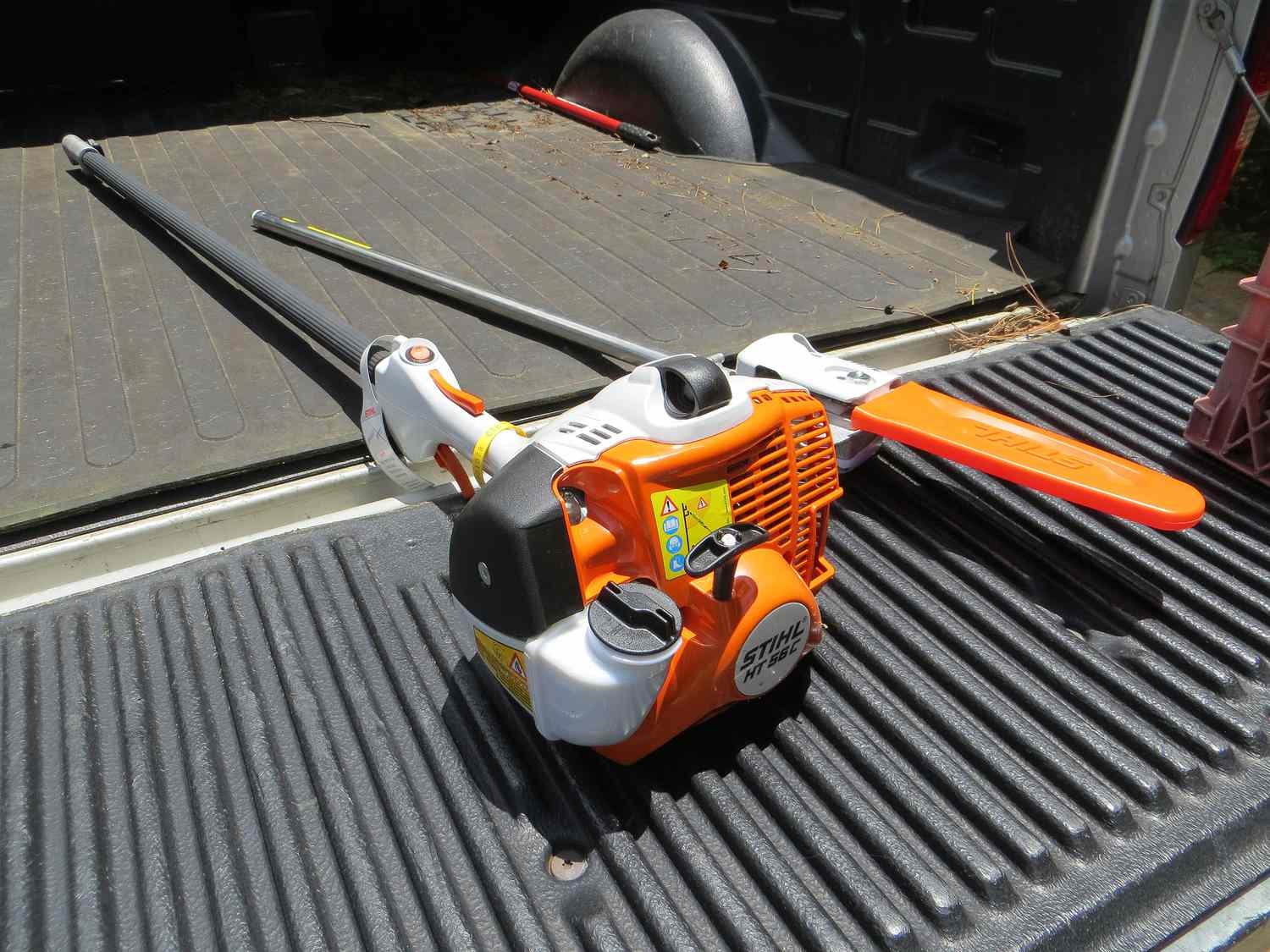
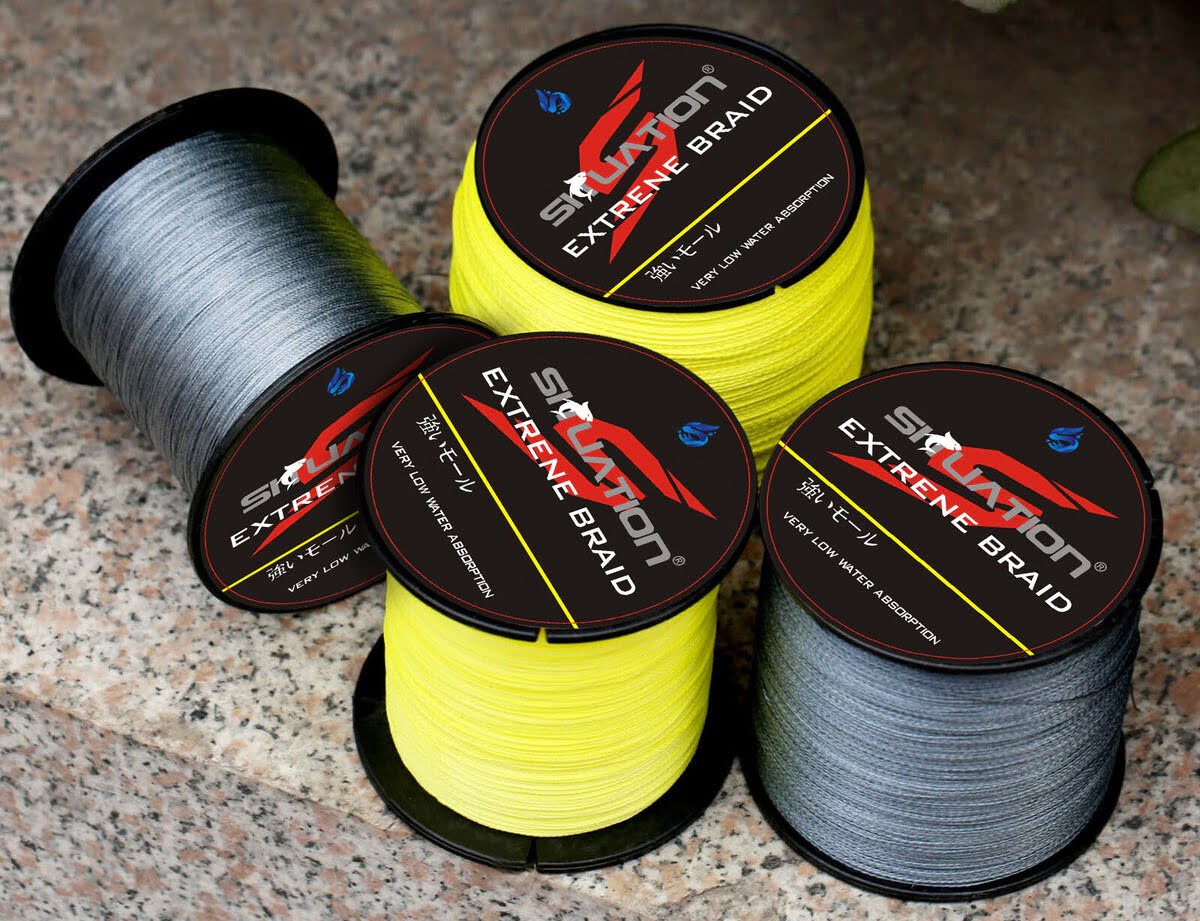

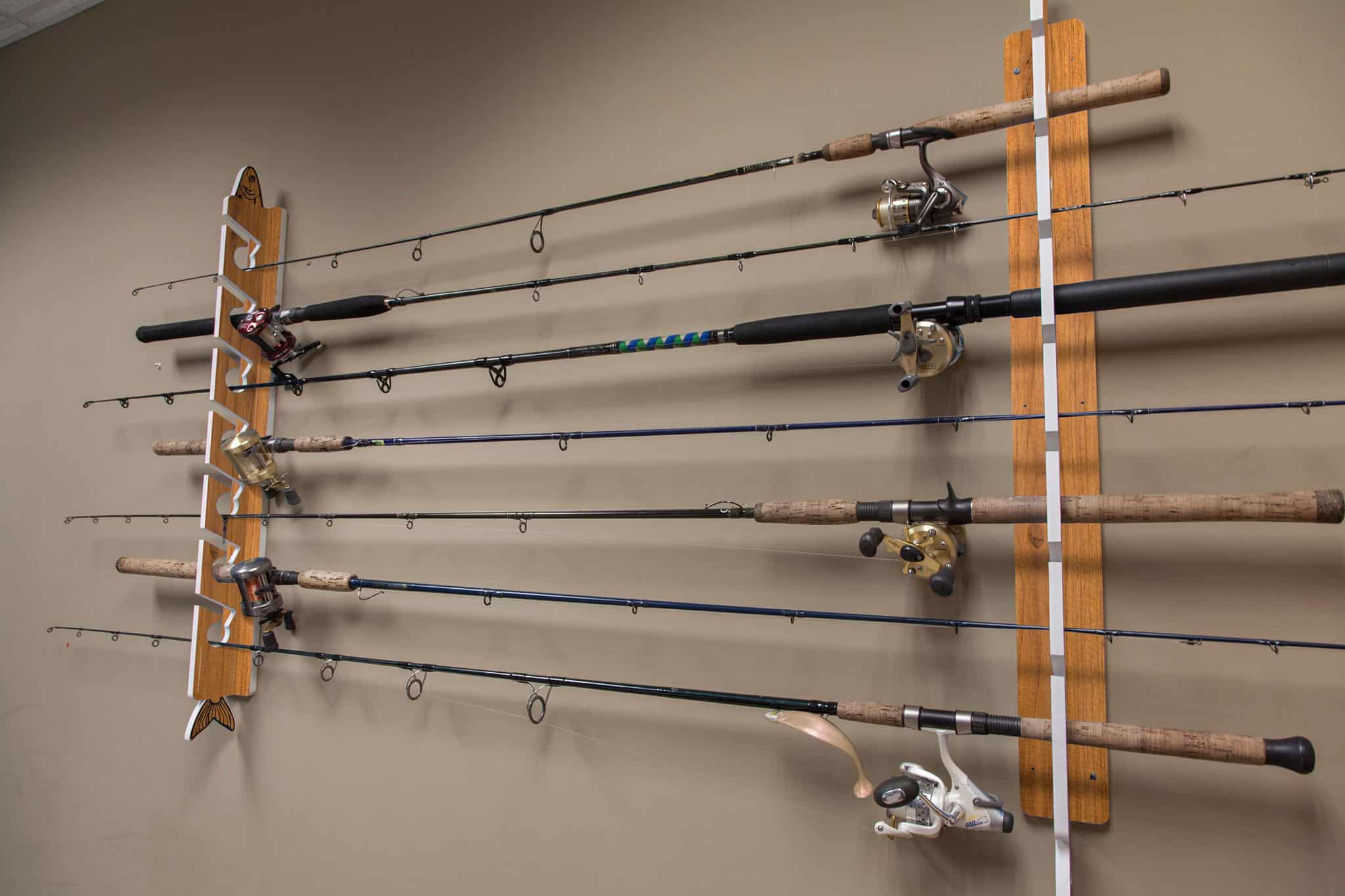
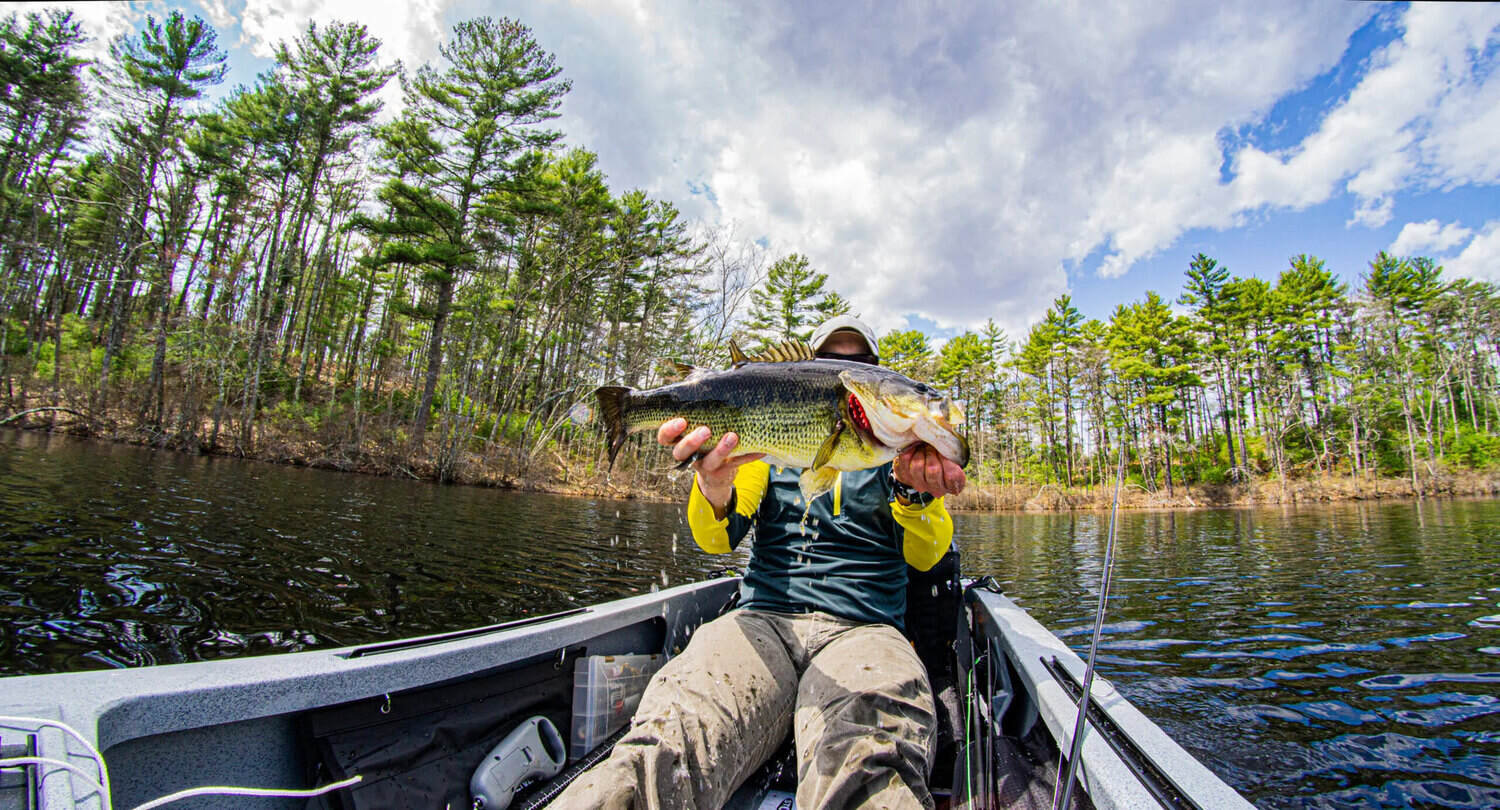
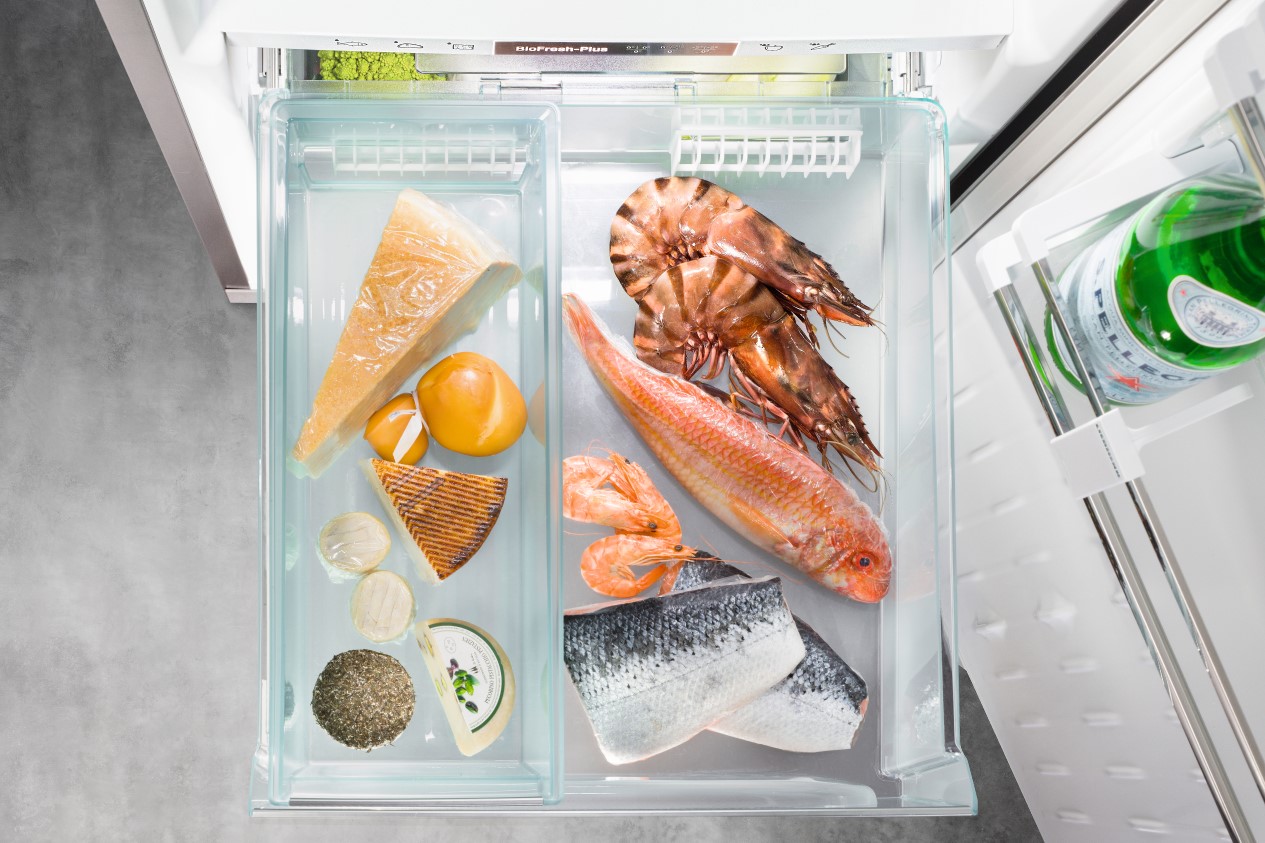
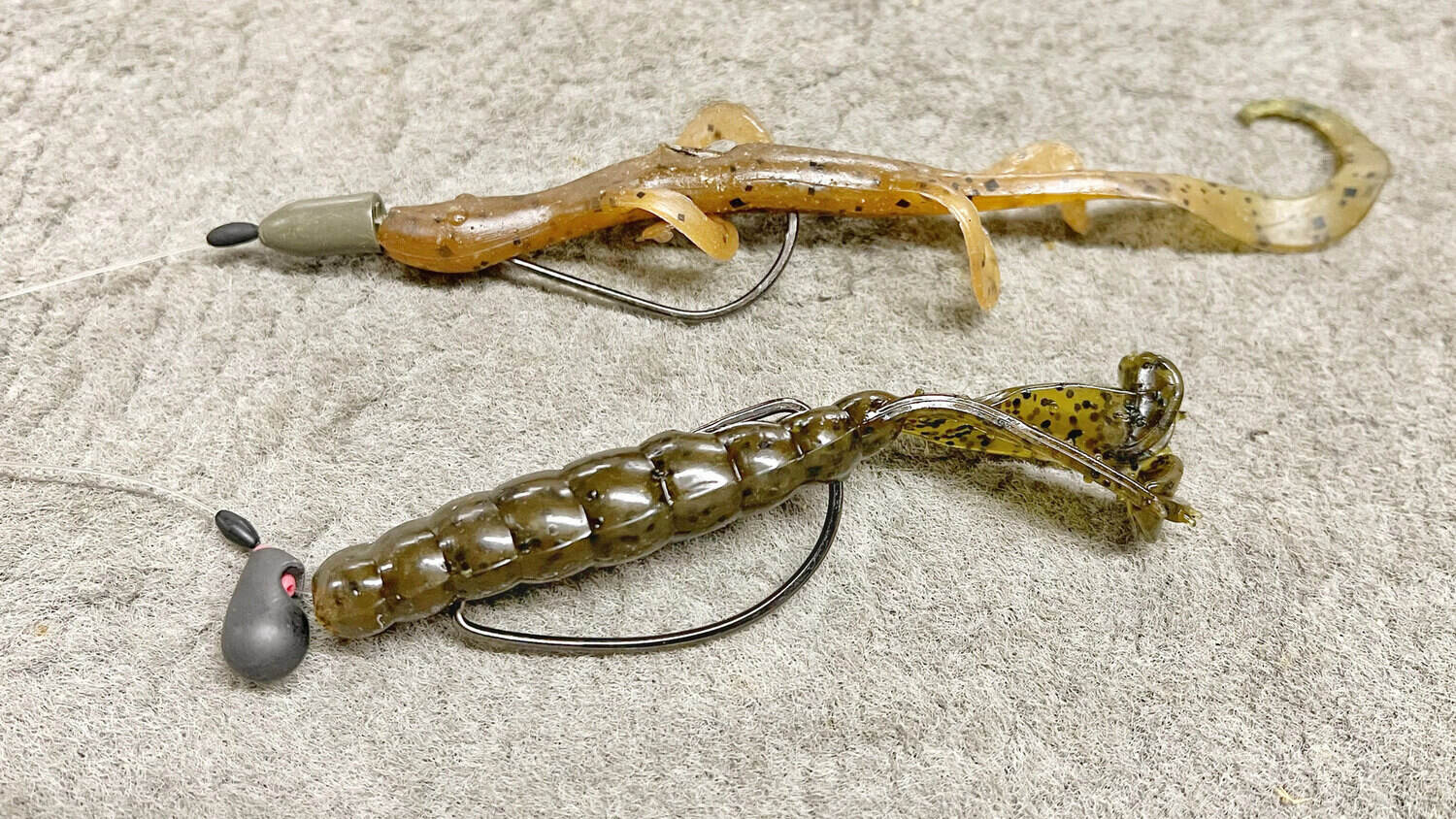
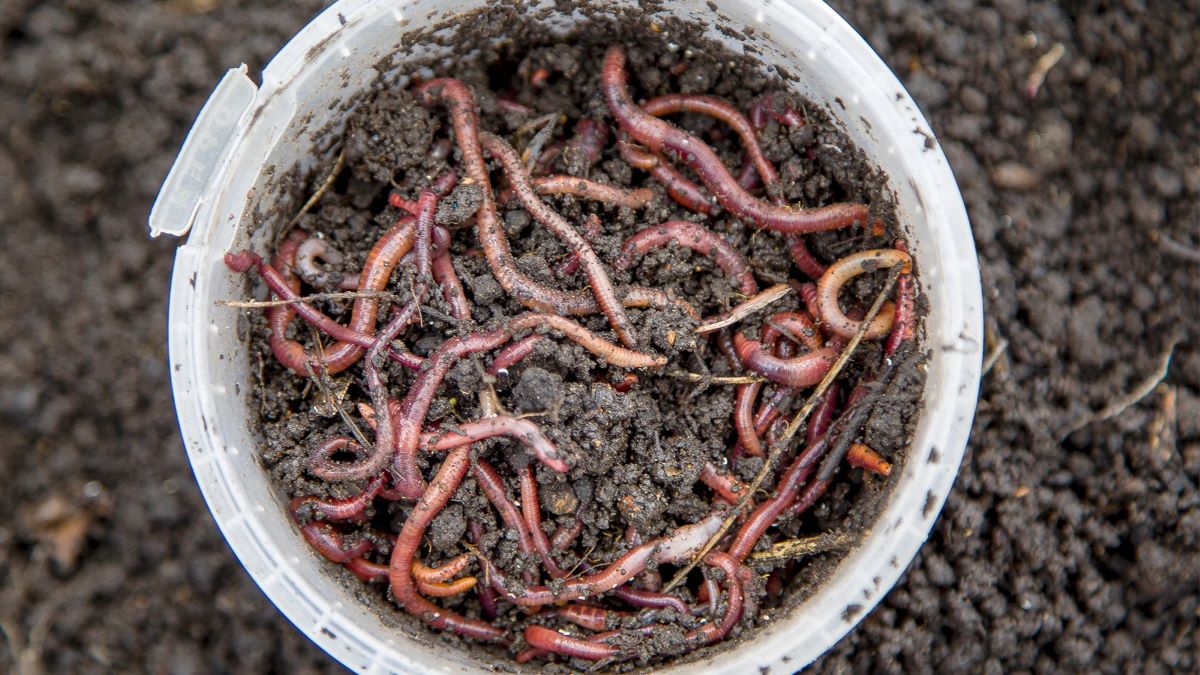
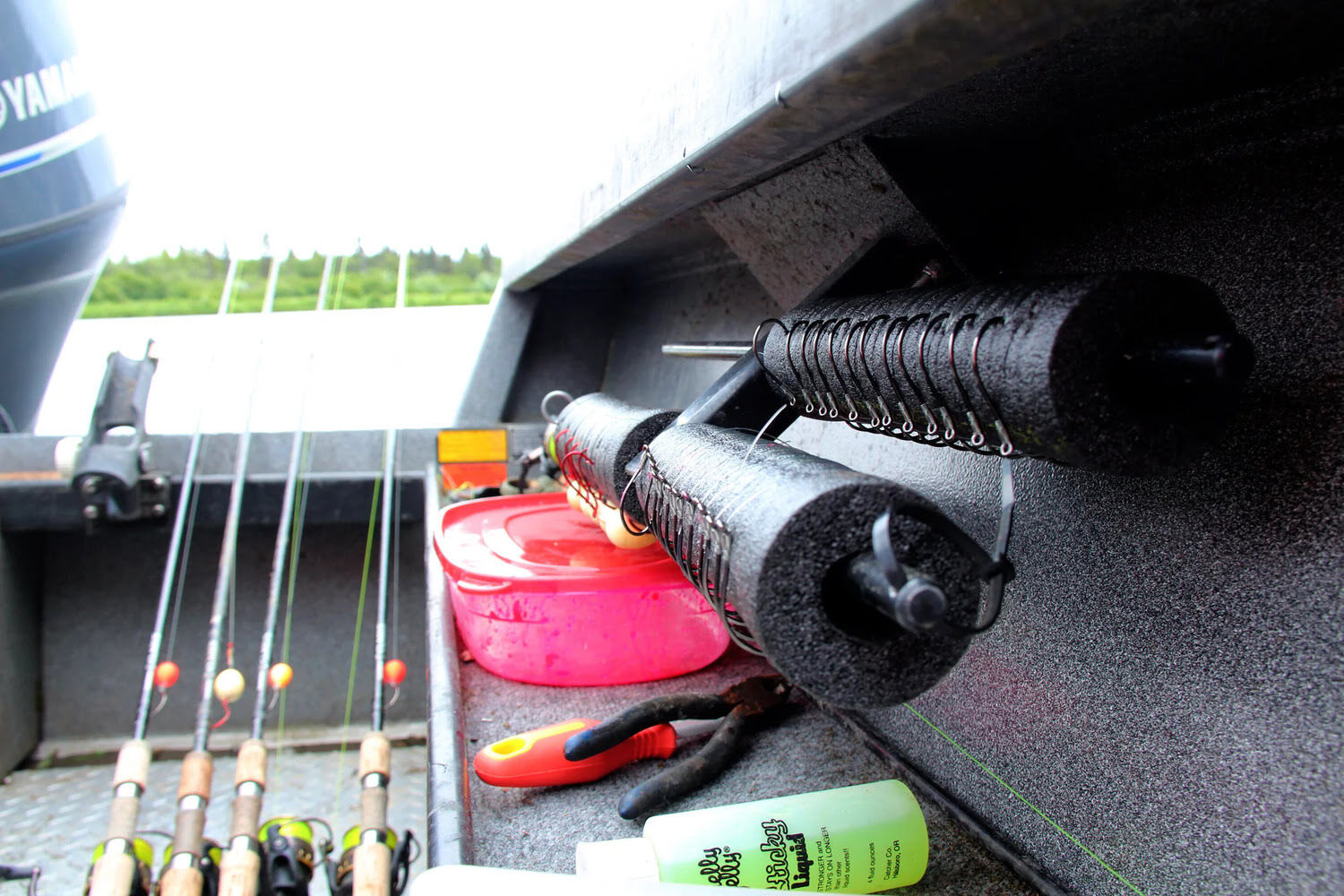


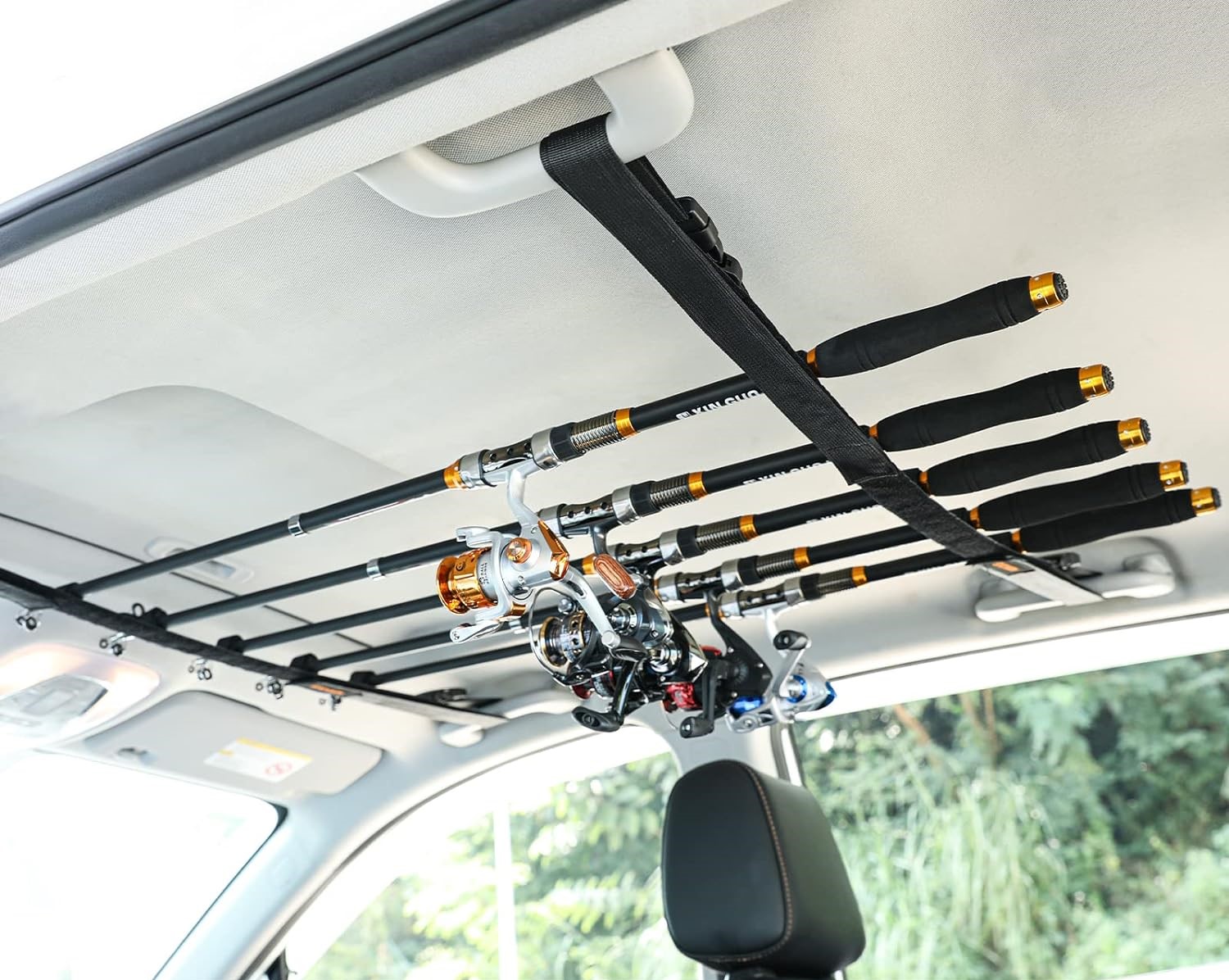

0 thoughts on “How To Store Fishing Poles”